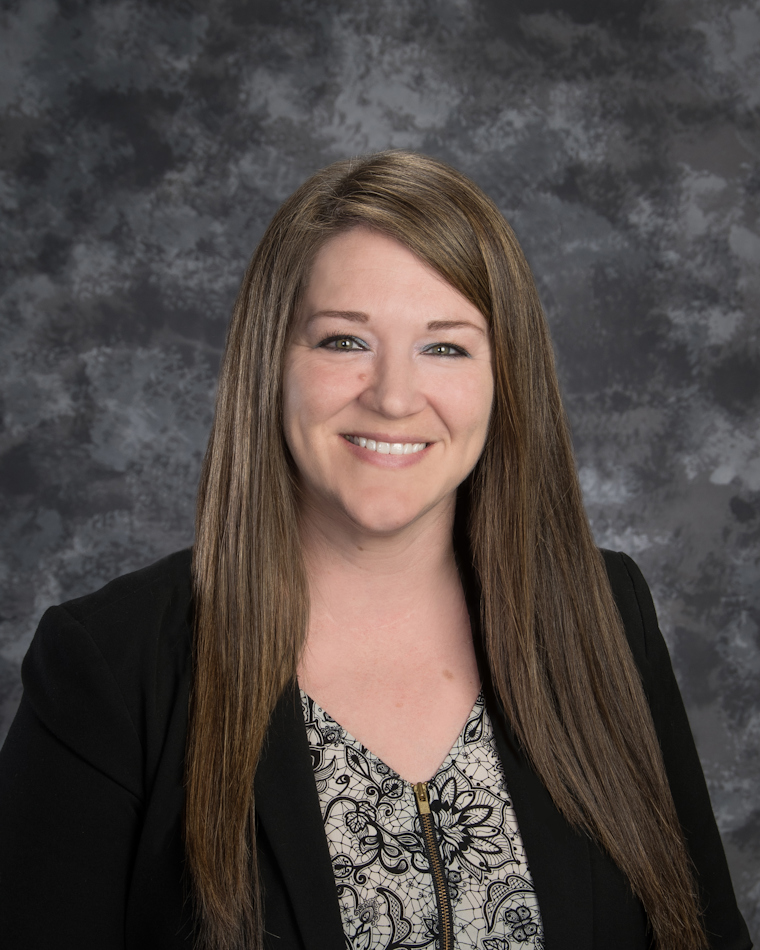Honoring Excellence: Q and A with Bethany J. Figg, DEdT, MBA, MLIS, AHIP, C-TAGME

This interview is one in a series of interviews with the 2025 recipients of the ACGME Awards. These awardees join an outstanding group of previous honorees whose work and contributions to graduate medical education (GME) represent the best in the field. They will be honored at the 2025 ACGME Annual Educational Conference, taking place February 20-22, 2025, in Nashville, Tennessee.
2025 GME Institutional Coordinator Excellence Awardee Bethany J. Figg, DEdT, MBA, MLIS, AHIP, C-TAGME is the associate designated institutional official and director of graduate medical education at Central Michigan University (CMU) College of Medicine - CMU Medical Education Partners.
ACGME: How did you become involved in academic medicine?
Dr. Figg: I was working in the medical library when a position opened in the central GME office. With some applicable skills, I thought I might apply and see what happened. The designated institutional official (DIO) thought a librarian would be a unique choice to add to the background and experience of the department and took a chance on me. That was 12 years ago, and as we grew our portfolio of programs and resident complements, she mentored me and encouraged me to pursue my doctorate. Now I am fully immersed in academic medicine with teaching, supporting scholarly activities, and managing the daily activities of our GME department.
ACGME: What does this award mean to you?
Figg: I am incredibly humbled and honored. Without the support and encouragement from my mentors, colleagues, and family, I would not have been able to accomplish everything that brought me to this point, so I extend this accolade to them as well. I am the product of their investment, support, and love.
ACGME: What is the most rewarding part of being a coordinator at the institutional level?
Figg: The most satisfying aspect, without a doubt, is helping others achieve their full potential. As institutional coordinators, we play a role in shaping the success of every program and the institution as a whole. This includes collaborating with residents, faculty members, program directors, coordinators, and the DIO to create an educational environment that supports excellence for everyone involved. Witnessing and celebrating the achievements of all these individuals is rewarding and fulfilling.
ACGME: What is the most challenging part of being a coordinator at the institutional level?
Figg: The most challenging aspect of serving as an institutional-level coordinator is fitting in all the initiatives I would love for our programs to be able to do into a normal workday. There are countless innovative programs and remarkable ideas being developed nationwide, and I would love to find ways to bring the best of them to our programs.
ACGME: What advice do you have to new coordinators who are just starting their careers?
Figg: If someone provides you with an opportunity—take it! Apply for that committee, give that presentation, write that article, meet those people, join that group. I have been asked to give lectures on things I knew nothing about but became a subject expert on that topic to give the presentation. One can never know how these openings will support you in the future. And share opportunities with others—if you have a chance to support someone, offer it and contribute to uplifting others as you advance in your own career.
Learn more about the ACGME’s GME Institutional Coordinator Excellence Award and nominate a deserving individual for the 2026 award – nominations are due by March 12, 2025.
